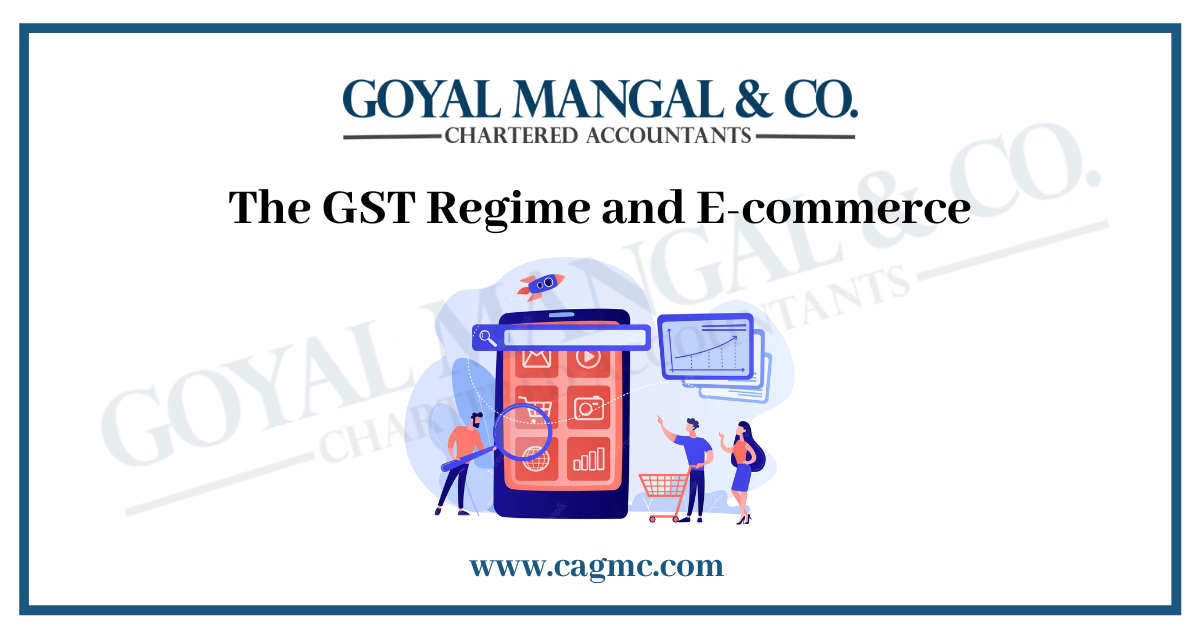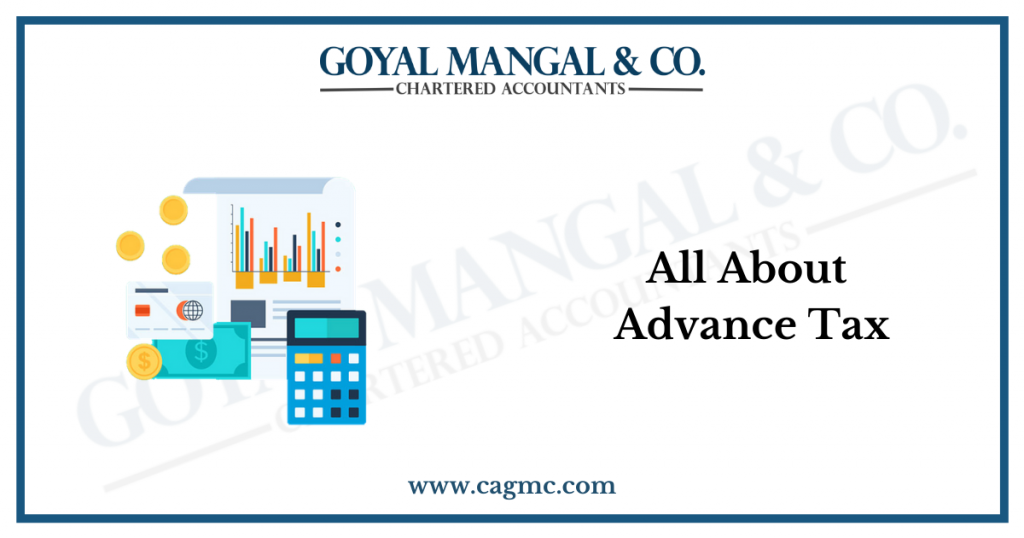
India ranked 8th in terms of revenue from the e-commerce market and its growth in 2020. While the importance of the electronic marketplace, namely e-commerce, will never diminish soon, domestic tax laws are a matter of great confusion. The GST regime has made perception of complexity in understanding the e-commerce system in India. This article provides an insight into the GST regime and e-commerce.
|
Table of Contents |
E-commerce operator
All e-commerce transactions include the following three categories and two types of transactions:
- Seller;
- Buyer;
- E-Commerce Operator (ECO)
Types of activities:
- Between Seller and Buyer – Sales of Goods;
- Between seller/Vendor & ECO – Provision of the marketplace
GST will be charged for both transactions:
Between seller and buyer: GST for the total amount of goods/services provided (GST will be paid by the supplier except for the services specified in S.9 (5))
Seller and ECO: GST of commission/other charges received by ECO for providing a market platform to the seller. (GST to be paid by ECO)
Impact on e-commerce
Currently, the federal indirect tax structure with different tax regimes in various states has led to confusion and uncertainty regarding the tax treatment of online marketplaces and aggregators. It is believed that having clear and defined laws will help to remove the uncertainty that already exists in this sector and insulate such operators from the temporary laws and arbitrary taxes imposed by the State governments.
To this end, the Model GST Act has added a separate section on e-commerce transactions. However, the proposed Model GST Act could lead to higher compliance issues for the e-commerce sector and pave the way for other issues that require greater clarity and precision.
E-commerce activities look complicated because many activities take place at the same time. Thus, when one buys goods from Amazon, two transactions occur simultaneously. The supplier provides the goods through an e-commerce site and the e-commerce site provides services to the supplier. Both transactions are made differently and are subject to GST by its nature. TCS terms come into effect at the end of the month when the e-commerce operator conveys the feedback received from the supplier of goods or services.
GST E-Commerce Registration
It is the responsibility of the e-commerce operator (as described above) to obtain GST registration regardless of the number of offers they make.
GST Registration of an e-commerce operator: All members who sell on e-commerce websites, must obtain a mandatory GST registration regardless of the amount of service provided by it. The entity must apply for GST registration regardless of the ownership of the websites and the goods provided.
Services notified under section 9 (5) of CGST Act, 2017: If the services are notified of s. 9 (5), the e-commerce operator is liable to pay tax, on behalf of the suppliers. If such services are provided on its platform, all provisions of the Act will apply to the e-commerce operator as if you were the provider for this purpose.
E-Commerce Service Area
GST is a locally based tax. Goods/services will be taxed at the place of consumption which means that the place where the goods/services are sold is not at all compatible, however, the area, where the goods/services are used, will be treated as a supply area under the GST.
GST registration rules for those responsible for TCS (Tax Collected at Source)
According to Section 24 of the CGST Act, all e-commerce companies must obtain a GST registration as compulsory registration.
Anyone who is required to collect TCS must submit an electronic application for registration, duly signed or certified by Electronic Verification Code (EVC), using the GST REG-07 form directly to the GST portal or assistance center to notify the Commissioner.
In terms of CGST 12 (1A), a non-physical e-commerce operator in the state or UT area where the activities are performed must have such a State name in part A of the REG-07 form. In addition, the State in which the main business area is located must be referred to in Part B, if it differs from the Government referred to in Part A.
The relevant officer will issue the registration upon confirmation and issue a registration certificate on form GST REG-06 within 3 working days from the date of application.
Final words
The GST law is relatively new and is changing. The complexities involved in an e-commerce transaction combined with the changing interpretations of the GST regime make it difficult to understand. An e-commerce operator processes several transactions daily. For ease of reporting and monitoring supply, the government has sought to provide a comprehensive taxation structure under the GST. Every attempt has been made to simplify the above concept.


